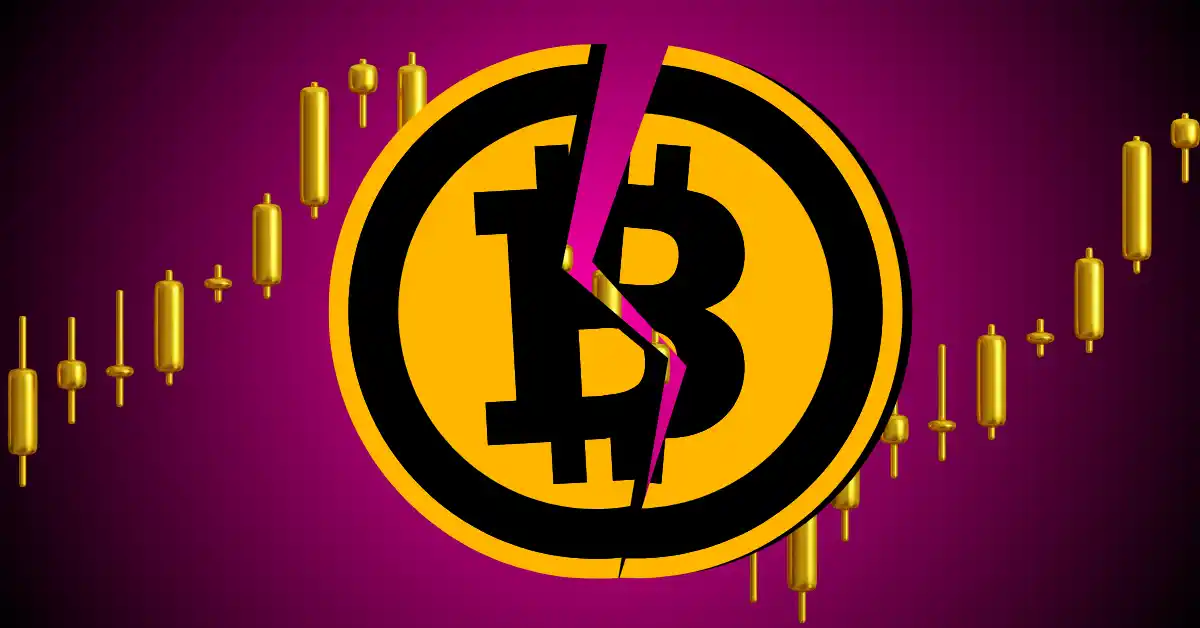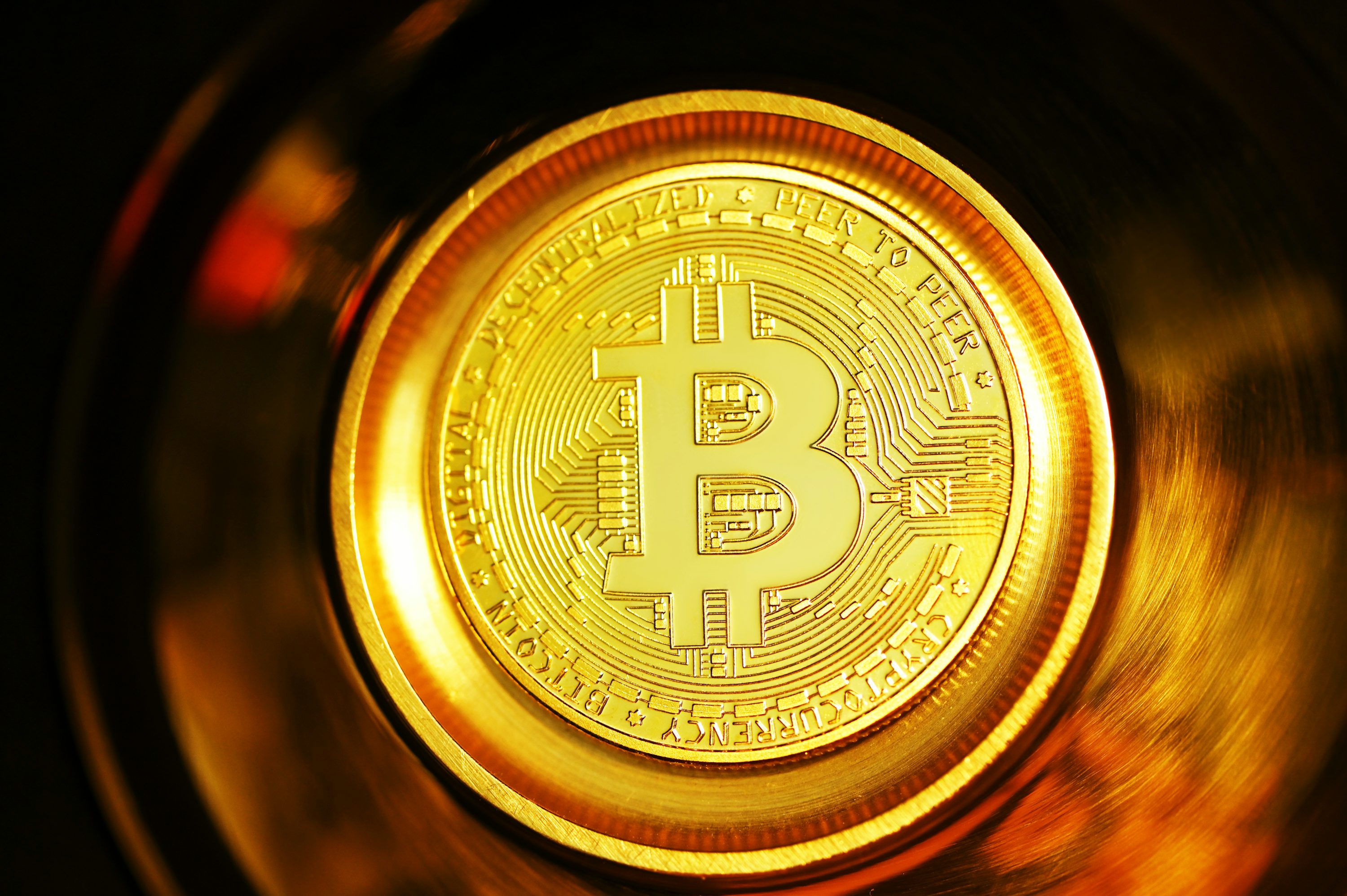- The Court ruled in Ripple’s favor for a majority of the XRP sales that the SEC was alleging were in violation of securities laws. The SEC won with respect Institutional Sales but lost with respect to Programmatic Sales and Other Distributions.
- This is great news and the crypto world but the SEC’s anti crypto saga with respect to Ripple may not be over yet.
Ripple scored a huge win which is great not only for Ripple but also for others dealing with the SEC lawsuits including Coinbase and Binance. Before the Court were motions for summary judgment which are a way of ending a case early. While this case has been going on since December of 2020 (a timely Christmas present from the SEC to Ripple) and after millions and millions spent by Ripple fighting the “good fight” against the SEC there appears to be a light at the end of the tunnel. Ripple’s not quite fully out of the tunnel yet, we’ll explain why after going over the case.
Both the SEC and Ripple filed motions for summary judgement. The Court granted portions of each parties’ motions for summary judgement. Ripple proposed an “essential ingredients” test which the Court declined to adopt and viewed as going be the long-standing Howey test from the Supreme Court.
The main issue was whether Ripple offered to sell or sold XRP as a security. The SEC argued that it was an investment contract. The Court found otherwise. The Court concluded that: XRP, as a digital token, is not in and of itself a “contract, transaction[,] or scheme” that embodies the Howey requirements of an investment contract.
Sales of XRP
At issue where three types of offers or sales of XRP by Ripple: 1) 1) Institutional Sales under written contracts for which it received $728 million; (2) Programmatic Sales on digital asset exchanges for which it received $757 million; and (3) Other Distributions under written contracts for which it recorded $609 million in “consideration other than cash.” There were other sales made by Chris Larsen and Brad Garlinghouse in unregistered individual XRP sales, from which they received at least $450 million and $150 million, respectively. The Court analyzed each of the sales.
Institutional Sales
For the Institutional Sales, the Court found that the sales to sophisticated individuals and entities, which the Court called “Institutional Buyers”, met each of the three requirements of the Howey test. Specially, the Court found that there was “investment of money” (first prong), a common enterprise (second prong) through a showing of “horizontal commonality,” and “a reasonable expectation of profits to be derived from the entrepreneurial or managerial efforts of others” (third prong). The Court quickly dealt with the first two prongs and went into considerable detail on the third prong. So, the Court concluded that Ripple’s Institutional Sales of XRP constituted unregistered offers and sales of investment contracts in violation of Securities Act. It is of note that the Court in a footnote specifically says that the Court rejects the SEC’s argument that Ripple actually sold investment contracts to the public and used the Institutional Buyers as underwriters.
Programmatic Sales
Turning to the programmatic sales, the Court found that the third prong (“a reasonable expectation of profits to be derived from the entrepreneurial or managerial efforts of others”) was not met. In particular, the Court states that Programmatic Sales were blind bid/ask transactions, and Programmatic Buyers could not have known if their payments of money went to Ripple, or any other seller of XRP. The Court also shot down the SEC’s weak arguments that Ripple “explicitly targeted speculators” and that “Ripple understood that people were speculating on XRP as an investment.” Somehow the SEC “missed” the Sinva, Inc. v. Merrill, Lynch, Pierce, Fenner & Smith, Inc. case which provides that a speculative motive “on the part of the purchaser or seller does not evidence the existence of an ‘investment contract’ within the meaning of the [Securities Act].” The Court then went through details regarding the programmatic sales being unconnected to Ripple in various manners and the differences from the Institutional Sales. The Court concludes that the Programmatic Sales did not constitute the offer and sale of investment contracts.
Other Distributions
The Other Distributions included distributions to employees as compensation and to third parties as part of Ripple’s Xpring initiative to develop new applications for XRP and the XRP Ledger. The Court found the first prong of Howey (“investment of money”) to not be met. The Court found the record showed that recipients of the Other Distributions did not pay money or “some tangible and definable consideration” to Ripple and in fact Ripple paid XRP to these employees and companies. The Court then shot down another of the SEC’s weak arguments by stating “as a factual matter, there is no evidence that “Ripple funded its projects by transferring XRP to third parties and then having them sell the XRP,” … because Ripple never received the payments from these XRP distributions.” The Court concluded that Ripple’s Other Distributions did not constitute the offer and sale of investment contracts.
Larsen’s and Garlinghouse’s Offers and Sales
The Court found that Larsen’s and Garlinghouse’s XRP sales were programmatic sales on various digital asset exchanges through blind bid/ask transactions. Thus, not meeting the third prong of the Howey test (“a reasonable expectation of profits to be derived from the entrepreneurial or managerial efforts of others”) and thereby not being sales of investment contracts.
Ripple’s Due Process Defenses
Ripple, Larsen, and Garlinghouse (“Defendants”) each asserted a “fair notice” defense, claiming that the SEC violated their due process rights and Larsen and Garlinghouse also asserted an as-applied vagueness defense based on the same due process principles. The Court rejected Defendants’ fair notice and vagueness defenses as to the Institutional Sales.
Summary
While the SEC won regarding Institutional Sales, Ripple won with respect to Programmatic Sales, the Other Distributions, and Larsen’s and Garlinghouse’s sales. Doing the math with respect to the three types of Sales the Court analyzed, Ripple won with respect to 65.2% of the value of the transactions before the Court (excluding the Larsen and Garlinghouse sales).
Larsen’s and Garlinghouse’s Aiding and Abetting of Ripple’s Violations
The SEC also moved for summary judgment on its aiding and abetting claim against Larsen and Garlinghouse. The Court goes into considerable detail on this but there are some very significant facts that were acknowledged. The Court pointed out that Larsen and Garlinghouse testified that they did not believe XRP was a security because multiple foreign regulators, including regulators in Japan, Singapore, Switzerland, the United Arab Emirates, and the United Kingdom, had determined that XRP was not a security. This shows just how problematic the US has been with respect to regulatory clarity. The Court also pointed that Larsen and Garlinghouse also stated that when the U.S. Department of Justice and the U.S. Treasury Department’s Financial Crimes Enforcement Network labeled XRP a “virtual currency” in 2015, they understood this as an “official United States government declaration that XRP [was] a currency” and “exempt from [U.S.] securities laws.” The Court denied the SEC’s motion for summary judgment on the aiding and abetting claim against Larsen and Garlinghouse.
Looking to the Future
And now we turn to the future, while the Court did grant a substantial win for Ripple, the SEC can file an appeal. Normally, the deadline for an appeal is 30 days unless the United States is a party which makes it 60 days. And since the SEC, which is a US federal agency, is a party, we’ll have to wait until the 60 days is up on September 11th, at the earliest to know the final outcome. Any appeals could extend the case years even involve one or more issues being sent back to the district court. Another point of concern is that the review standard for summary judgment motions on appeal in US federal court is de novo. This means that the appellate court reviews the case as if it were the trial court, and it does not give any deference to the district court’s decision. In other words, the appellate court’s review will be independent and they could come to one or more different rulings based on their new review.
Here’s How To Stay Up To Date On Crypto With CryptosRUs!
Learn about Bitcoin, Ethereum, and so much more at the CryptosRus Academy.
For the best exchanges, check out our top exchange guide.
Secure your crypto with Ledger and Trade your way to victory with help from LuxAlgo
Sign up for our bi-weekly newsletter for news and exclusive analysis.
Follow CRU News Desk on Twitter for our latest articles and Twitter exclusive threads.
Stay up to date with George on Tik Tok, Instagram, and his brand new clips channel.
Credit: Source link
















